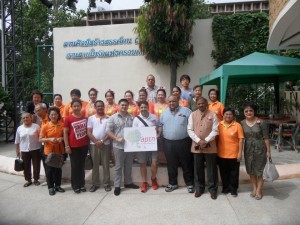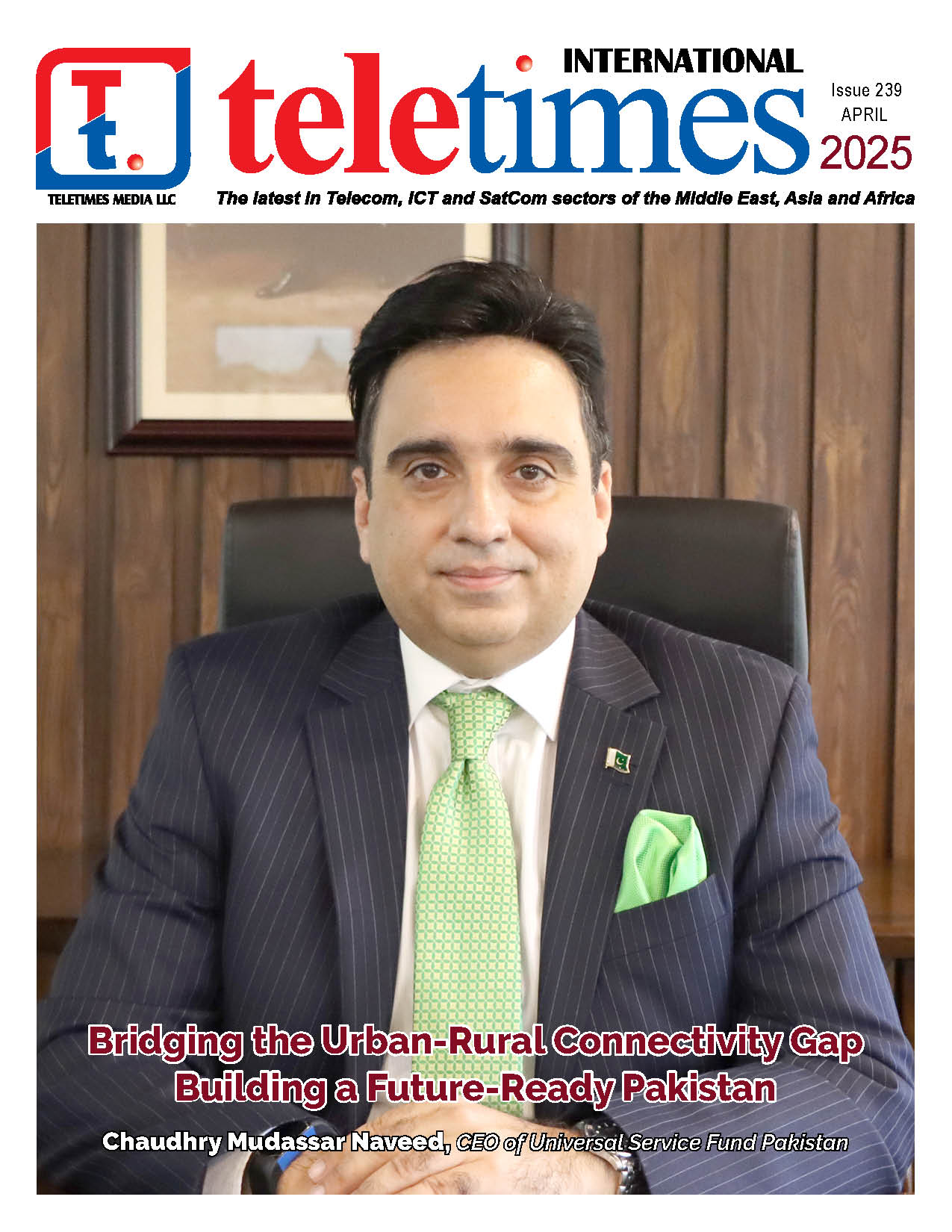 In light of the rapidly evolving technologies that support telecentres and in light of the increased penetration of mobile technologies, the telecentre model needs to continuously evolve in order to remain relevant and to continue to address the changing needs of the communities they serve. As mobile communication technologies become more pervasive around the world, including in rural areas, the telecentres may no longer need to provide phone services or traditional computer trainings, yet they
In light of the rapidly evolving technologies that support telecentres and in light of the increased penetration of mobile technologies, the telecentre model needs to continuously evolve in order to remain relevant and to continue to address the changing needs of the communities they serve. As mobile communication technologies become more pervasive around the world, including in rural areas, the telecentres may no longer need to provide phone services or traditional computer trainings, yet they
may still be very relevant in terms of access to web-enabled e-government services, e-Learning, and basic Internet communication needs (email and web browsing). Economic empowerment projects through low-tech Internet jobs are also being managed in rural areas.
Local demand for information and communication services is evolving, the telecentre models need to evolve as well. Networking between relevant stakeholders, Franchises and other approaches to linking and networking telecentres are proving to be popular. Wireless connectivity technologies, beyond VSAT (known to be expensive) are being explored in many communities around the world. These technologies provide new opportunities for connecting communities through telecentres and eventually at the individual household level even I rural areas The types of services that telecentres can and should provide is also rapidly evolving. As the fields of eGovernment, eHealth, e-Learning, eCommerce are evolving and maturing in many countries, telecentres need to take advantage of opportunities to extend the benefits to the community at large, through their public access. Some governments are pursuing the deployment of telecentres precisely as a means of ensuring that larger segments of the population are able to access government services and information through electronic channels.
Identifying leaders among the community who champion the concept of shared services through telecentre mode, play a crucial role as a bridge between the telecentre operator and hesitant villagers. Indeed, There is a maturing period during which community leaders have to invest constant efforts to drive changes of behavior in the adoption of innovations.
World is changing fast and providing excellent opportunity to Pakistan to make up the Gap in our development sector in use of latest technologies for development. We need
not only to align with this change rapid but also need to adopt pro-active approach to make a real progress through ICT4D. This is the proven key to success in most of the developing countries around Pakistan We can never achieve our targets in development sector unless all relevant stakeholders in Public & private sector organizations do not sit together on a table and decide to supplement each other in development efforts in rural areas. To achieve this target Pakisan Telecentre Network ( PTN ) has been established by a team of ICT professionals having national and International experience under E-village project.
In the First meeting of founding members of PTN on 12th September in CIT Plaza F-10 Markaz Islamabad a large number of participants from relevant Public & Private sector organizations have participated. After introduction of concept by Mr Ammar Jaffri the participants appreciated the objectives of PTN and gave useful suggestions which would be incorporated in the final Charter of PTN. With a inclusive approach this was decided to extend the concept to other stakeholders also for a broad based formation of PTN and also invite them to join the formation process of PTN. The Vision & Mission and broad objectives of PTN are as under:-
VISION
The vision of PTN is to contribute in building sustainable progress and inclusive societies in Pakistan that secures human rights in processes of economic and social development through use of ICTs.
MISSION
PTN is committed to the attainment of the International and National Development Goals by working closely with business leaders, Govt, civil society and Pakistani living abroad to strengthen peace and sustainable development, by upholding respect for diversity, gender equality and human rights, and help to build sustainable, inclusive, and knowledge societies by pursuing our core competencies.
Broad Objectives
1) Promote the innovative use of ICTs to meet the social and economic needs of the most vulnerable
communities in Pakistan;
2) To bring coordination in all efforts made by Public and private sector organizations and NGOs;
3) To develop approaches to scale up successful applications;
4) Establish linkages with Global efforts and join best practices.
5) Empower civil society with affordable access to information, communication, and relevant local
content.
As a way forward five committees have been constituted on different subjects, encompassing the formation and functionality of PTN. Mainly these committees would focus on formation and legal infrastructure of PTN, SOPs and engagement rules with roles and responsibilities. The Committees would submit their reports in next few weeks ( To be decided in a sub-committee meeting on 15th Sep ). After the submission of reports by the committees meeting of all members would be called to finalize the Charter of PTN in the light of reports submitted by the Committees.
April 27, 2025











